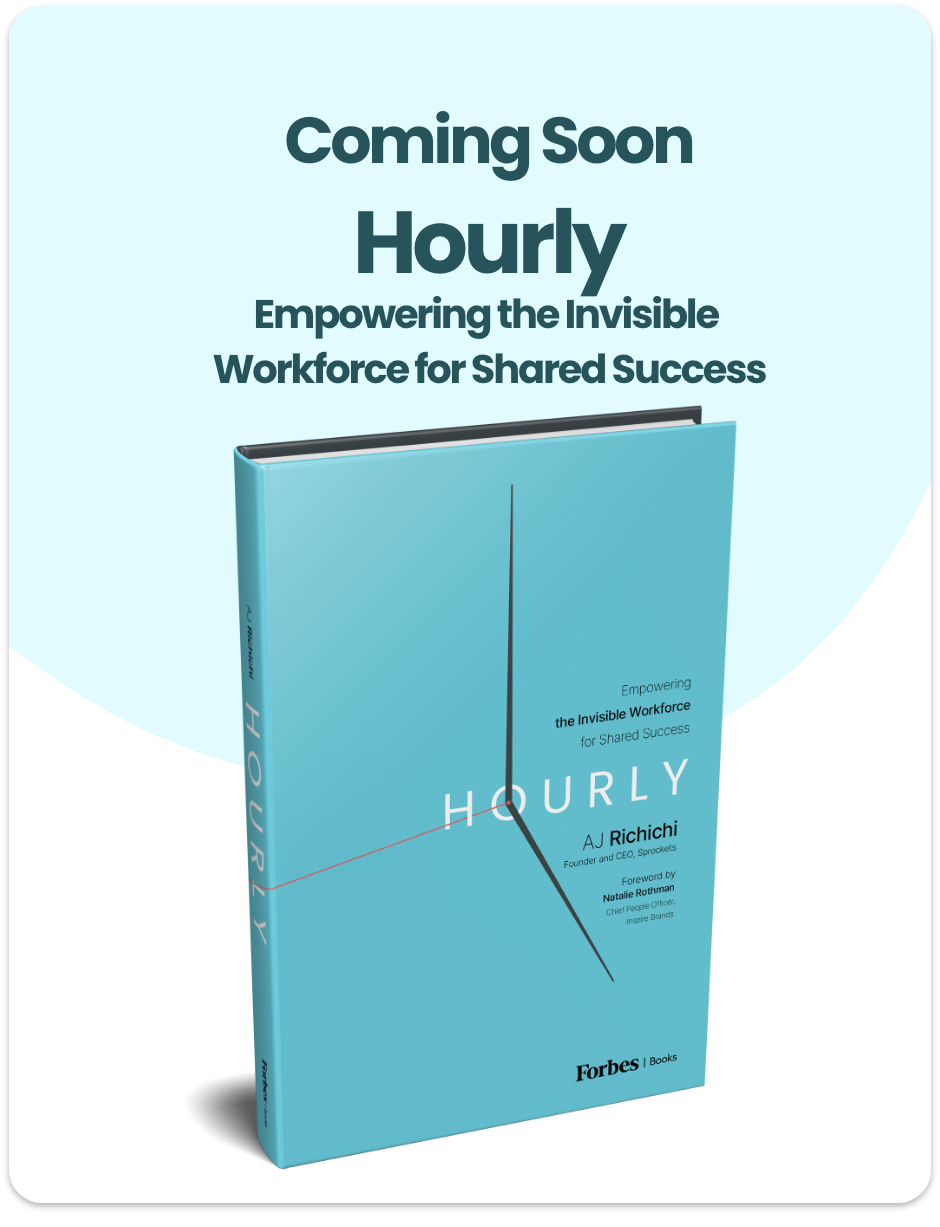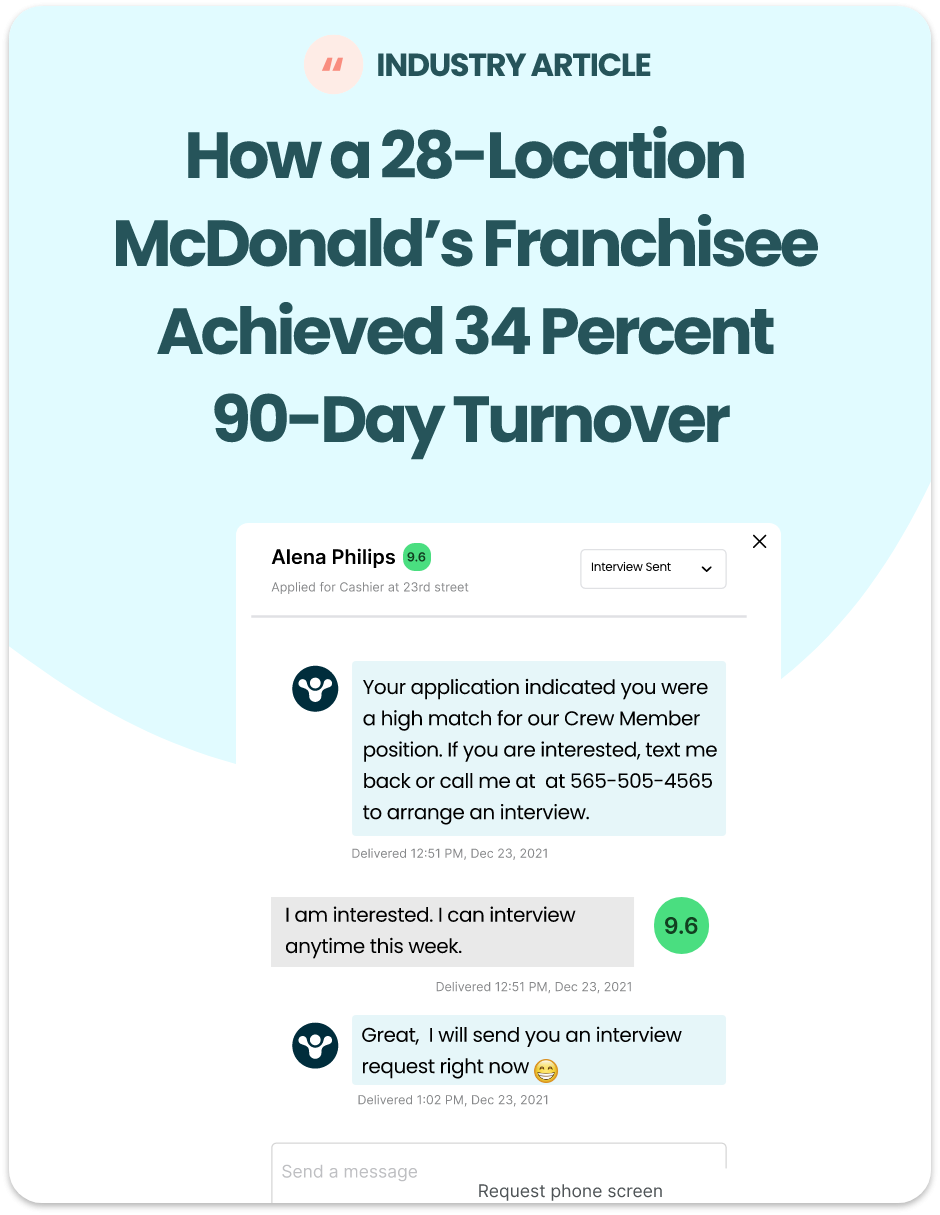Many factors go into a hiring decision. For instance, hiring managers often consider applicants’ work experience, hard skills, and soft skills. In recent years, the importance of cultural fit has become even more apparent too. In fact, some businesses have begun to give cultural fit equal weight with other attributes or even prioritize it. What exactly is it, though, and why is it important in a restaurant?
Defining Cultural Fit as it Relates to Restaurants
In a nutshell, cultural fit is how well an employee’s mentality and behavior line up with the particular values and culture of your restaurant. Unfortunately, restaurant owners don’t always have a handle on what the culture is truly like within their restaurant. One scenario is when, on paper, the restaurant owner supports a philosophy of letting its employees be as independent as possible. In practice, shift managers micromanage the staff members.
Now, a diner may pride itself on its family-oriented culture, particularly if it is a family-owned business. Or it may tout itself as lean and determined. It may emphasize that its employees need to be able to make quick, good decisions, or it may explain that its employees need to be well-versed in carrying out orders. Some restaurants, however, don’t fully understand what culture fit is and why it’s important. When they do hire, they don’t consider that aspect of applicants’ profiles, and that’s a big mistake.
Why is cultural fit so important?
Hiring for cultural fit is one of the important ways to keeping a company or brand’s reputation. Someone who does not fit the company culture tends to be disengaged from work. Therefore, screening individuals who do not fit your company’s culture in the recruitment process can save you significant time and money in the long run.
Everything Is Amplified in a Restaurant
From our experience, we’ve seen that practically everything is amplified in a restaurant. That is a major reason why hiring for culture fit is critical. There are fewer employees who work long shifts together and fewer channels of communication. More direct contact takes place between customers and every employee in the business. If something goes wrong, it’s liable to go wrong on a bigger scale.
Indeed, just one “bad” hire can do horrendous damage to a restaurant. The damage need not be anything as direct as an employee angering an important customer, although that can and does happen. Rather, it can be indirect like a long wait time, and build up to a devastating level over time.
Consider the following:
Someone who doesn’t fit with the culture of the restaurant is hired. Let’s say this person resents following a rotating schedule and doesn’t really follow the dress code requirements and shows up with blue hair to your upscale restaurant.
This person’s attitude affects the morale of the other employees, who bristle at the new hire who comes in late, leaves early, and appears as they please. Employees’ productivity and morale drops.
Now, some restaurants are able to offer more flexible schedules to employees and have relaxed dress codes. However, not every restaurant is like this. Your employees need to be able to understand and follow the values of your business.
Limited Space to Experiment
A restaurant doesn’t have as much room as a large corporate to navigate and make mistakes. So, it’s worth investing additional resources and time to find a proper cultural match. In a larger business, someone who is a bad culture fit might affect the morale of the immediate team members, but that may be where the ripple effects stop. In a restaurant, it’s likely that everyone who works there and the customers could be affected.
The Ripple Effects
Earlier, we touched on a few ways in which bad culture can affect the business. Here’s a bulleted list that outlines a more extensive list of examples:
- Bad work quality
- Lowered productivity
- Lowered job satisfaction
- Decreased morale
- Poisonous work environment
- Higher employee turnover
- Stressed, possibly resentful employees
- Decreased profits
- Lost customers
Say that Bob and Jane see their co-worker at a restaurant constantly arrive late and leave early. He calls in sick often and shows up with ripped jeans, not allowed in the dress code. He is slow getting to customers and doesn’t refill waters as often as others on the waitstaff. Bob or Jane (maybe both) may begin to question why they’re even bothering to be productive employees when this guy does what he wants and gets paid the same as them. They resent the employee and begin to think less of their boss for hiring this person. Bob or Jane leave the position, and the search must begin anew for another employee.
Even if your restaurant is laid-back, a poor culture fit can still be harmful. Take a coastal restaurant that encourages employees to wear T-shirts and shorts. A new employee is hired who checks off all the hard skills on paper. Everyone’s excited, but problems may arise quickly if this employee shows up each day wearing a button-down shirt and slacks. For instance, the employee may not mesh with other team members and lose motivation to work. It’s costly to keep an unproductive worker around, and if that worker leaves, to go through another hiring process.
Diversity Is Important
You can still have diversity in your small business while hiring for cultural fit. Actually, having a diverse workforce can help your business become quite successful. We want to emphasize that a cultural match does not equal hiring people from the same backgrounds and with similar experiences.
Nailing Down the Fit
To be sure, business culture can be tough to nail down. Since it’s important that everyone in the business aligns with its values, how can a business succeed if half of the employees are creative thinkers and half are more rigid thinkers? It’s because culture goes deeper than that. What type of thinker you are matters less than attributes such as self-awareness and ability to collaborate effectively. So, a business filled with employees who practice different methods of thinking/approaching problems can still be extremely profitable. These employees just have to align with a company culture of, say, respect, and collaboration. Having diverse people in your business is an excellent thing, but the culture fit still needs to be there.
Practicalities Matter
On the most basic and practical level, the right employees matter for restaurants because they don’t have as much time and resources to spend on hiring. When you hire the right type of person, you hopefully won’t be hiring all over again in a few months when that person leaves. On a deeper level, making several poor hires for culture (or even just one bad hire) may lead to a toxic work environment and hurt the bottom line of your restaurant. If the restaurant keeps hiring people who don’t work out, there may be a mismatch between the perceived (“on paper”) culture and the actual culture. Alternatively, hiring processes may need to be changed, and the people doing the hiring should become more aware of cultural issues.
Overall, making the right hire for a business is important to employee morale, productivity, and the bottom line. To ensure you’re hiring the best matches for your restaurant, learn about Sprockets’ Applicant Matching System.






























